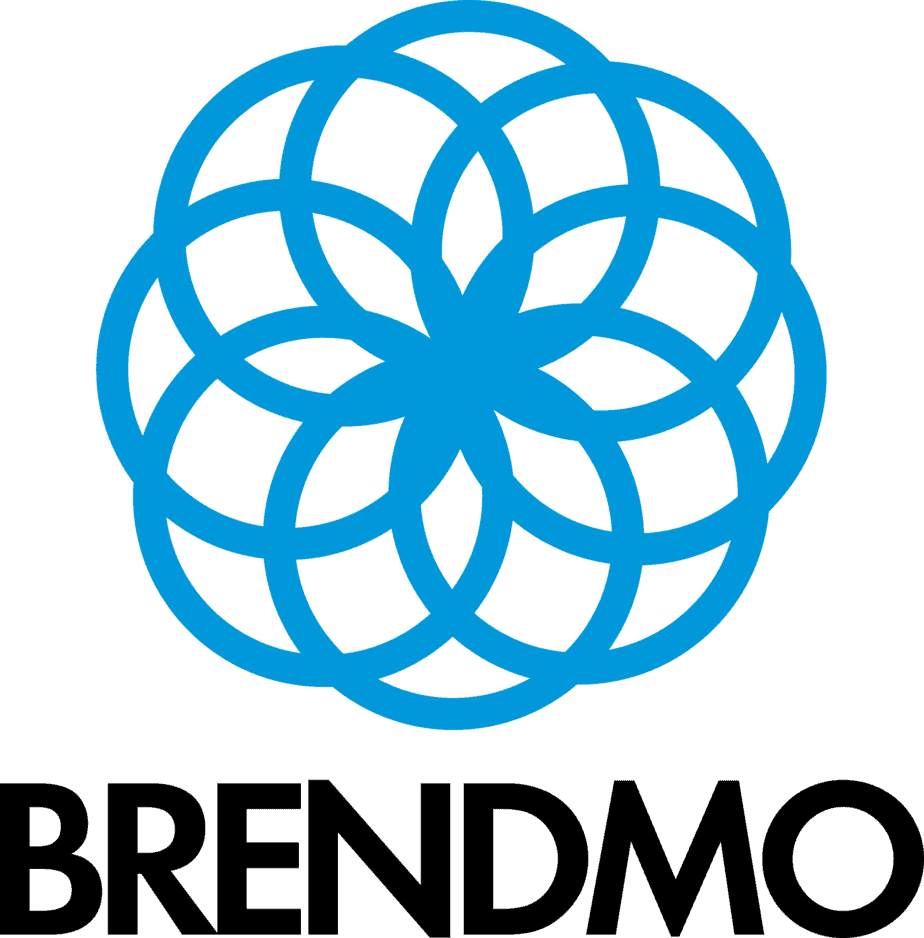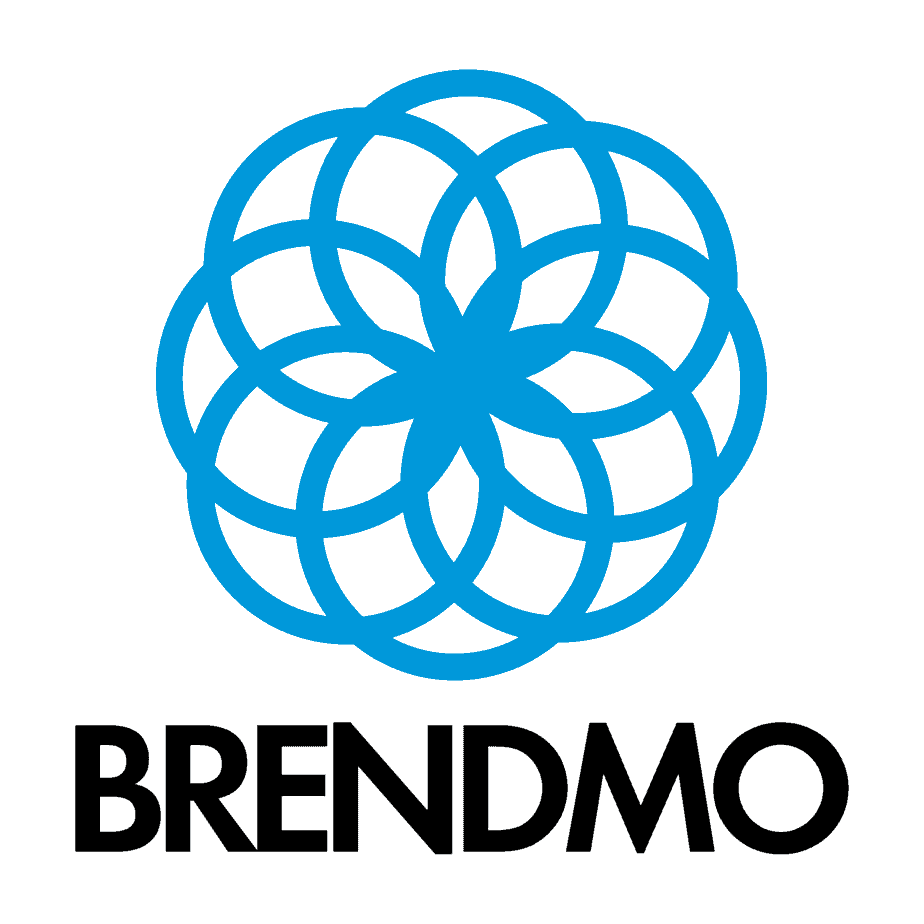“I would borrow money all day long, if the cost of borrowing is less than the expected return.” (Brad Schneider, American congressman)
At some point it’s more likely than not that your small business will require a business loan. A 2021 study done by Fundera (a US financial resource business that sources financing for small businesses) suggested that 56% of all small businesses will need a loan to expand operations, pursue new business or acquire business assets. The same study found that 29% of small businesses fail simply because they run out of capital.
Knowing that you need additional funding is not the same as acquiring it though. Other than angel investors there are two principal ways in which a company gains the financing it needs when cash flow is in short supply: a small business loan or a line of credit. But what are these? What are the differences? And how do you decide which you need for your business?
An overview
Essentially, small business loans and lines of credit are similar. They are both ways that businesses can borrow money from lenders and approval is determined based on past financial behaviour, the borrower’s credit history and their established relationship with that lender.
A traditional loan is a non-revolving credit limit, which means the borrower will be paid out funds once and will then be required to pay the money back, with interest, at a set rate and over a set period. A loan can be granted either “secured” or “unsecured”, meaning it is either backed by collateral or not, and the interest rate charged will depend on the risk to the lending institution, with lower rates available to those with collateral. With a loan, interest accrues immediately upon pay out either in cash to the company, or through payments to other firms where assets are purchased. Examples of loans that may impact a business include car loans, property financing, debt consolidation and commercial loans, which allow companies to hire extra staff, or continue day-to-day operations.
A line of credit is different in that it offers the borrower a maximum amount that they can withdraw at any given stage and payments are made back based on the amount withdrawn and the interest accrued. Provided the borrower keeps up with the terms of the arrangement, this amount is available indefinitely and can be topped up and withdrawn at will. Generally, the interest rates on a line of credit are higher, and the amounts smaller than those offered for a small business loan. Interest only accrues when the line of credit is being used. Should it be fully paid up, then nothing is owed.
Which is right for your business?
Determining which of these loan types is best for your business will require you to look at a few factors.
- How much money do you need?If the cash injection needed is large or you need to make significant equipment, vehicle or property purchases then a loan will almost always be the correct solution. With lower interest rates and set monthly fees that are easier to account for in a monthly budget, a loan will help you secure what you need, while also keeping costs as low as possible.
Credit lines are better when the amounts needed may be smaller, but more frequent. It is therefore vital for you to know exactly what money you need, and what you intend to use it for before you approach the lender.
- How do you plan to use that money?As one-off payments or cash injections, loans don’t allow a lot of space for adjustment after they are issued and rarely offer any form of protection in difficult conditions.
A line of credit can, however, give you access to extra working capital with no restrictions. Having a line of credit ready to go when needed is a good way to ensure small, unforeseen problems can be negotiated. Late payment by a critical client shouldn’t mean you can’t pay your bills on time.
- What kind of flexibility do you need?Lines of credit offer a great deal of flexibility for you assuming you’re not sure how much money you will need, or if you expect your expenses to be spread out over an extended period. A line of credit also offers options when it comes to monthly payments, as, provided you meet the minimum payment, you can pay back as much or as little as you can afford.
Loans, however, provide the better option when flexibility is not an issue, and your main aim is to limit the amount of debt you take on.
Before applying for any business credit, it’s advisable to speak to your accountant to evaluate just what needs to be accounted for in the financing and what you can reasonably expect to pay back each month. Knowing exactly which potential costs are going to be vital to assist your company’s growth, and which are nice-to-haves, will enable you to make the right decisions when it comes time to choose what kind of financing you are looking for.
Disclaimer: The information provided herein should not be used or relied on as professional advice. No liability can be accepted for any errors or omissions nor for any loss or damage arising from reliance upon any information herein. Always contact your professional adviser for specific and detailed advice.
© CA(SA)DotNews





